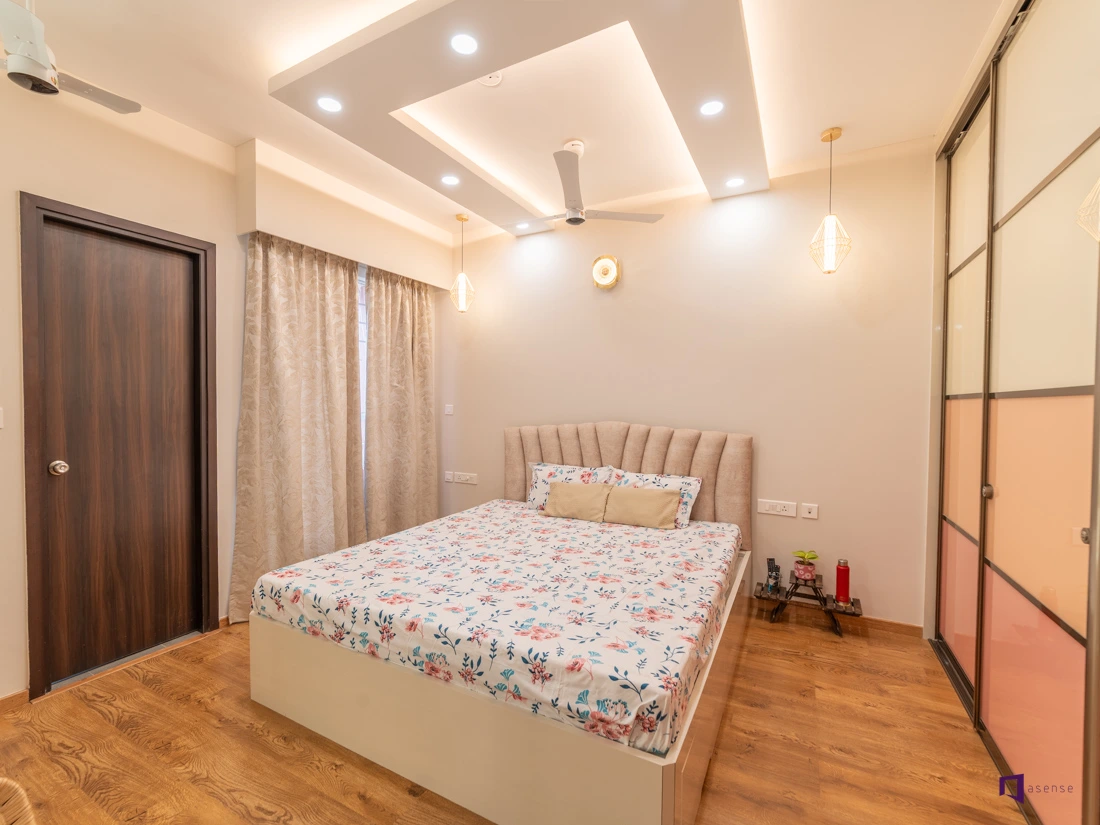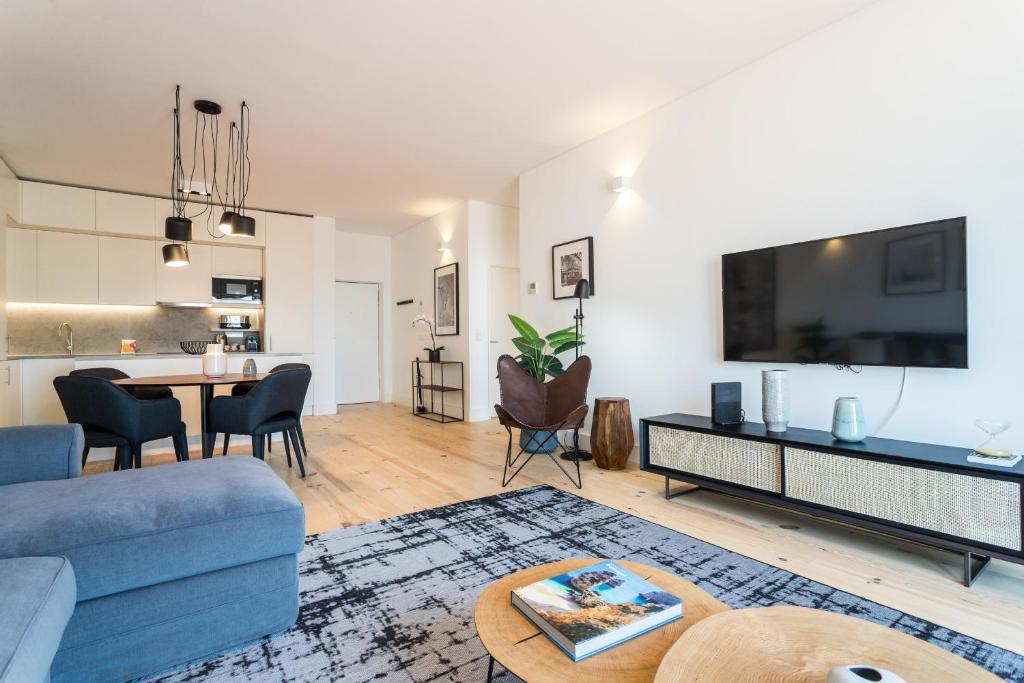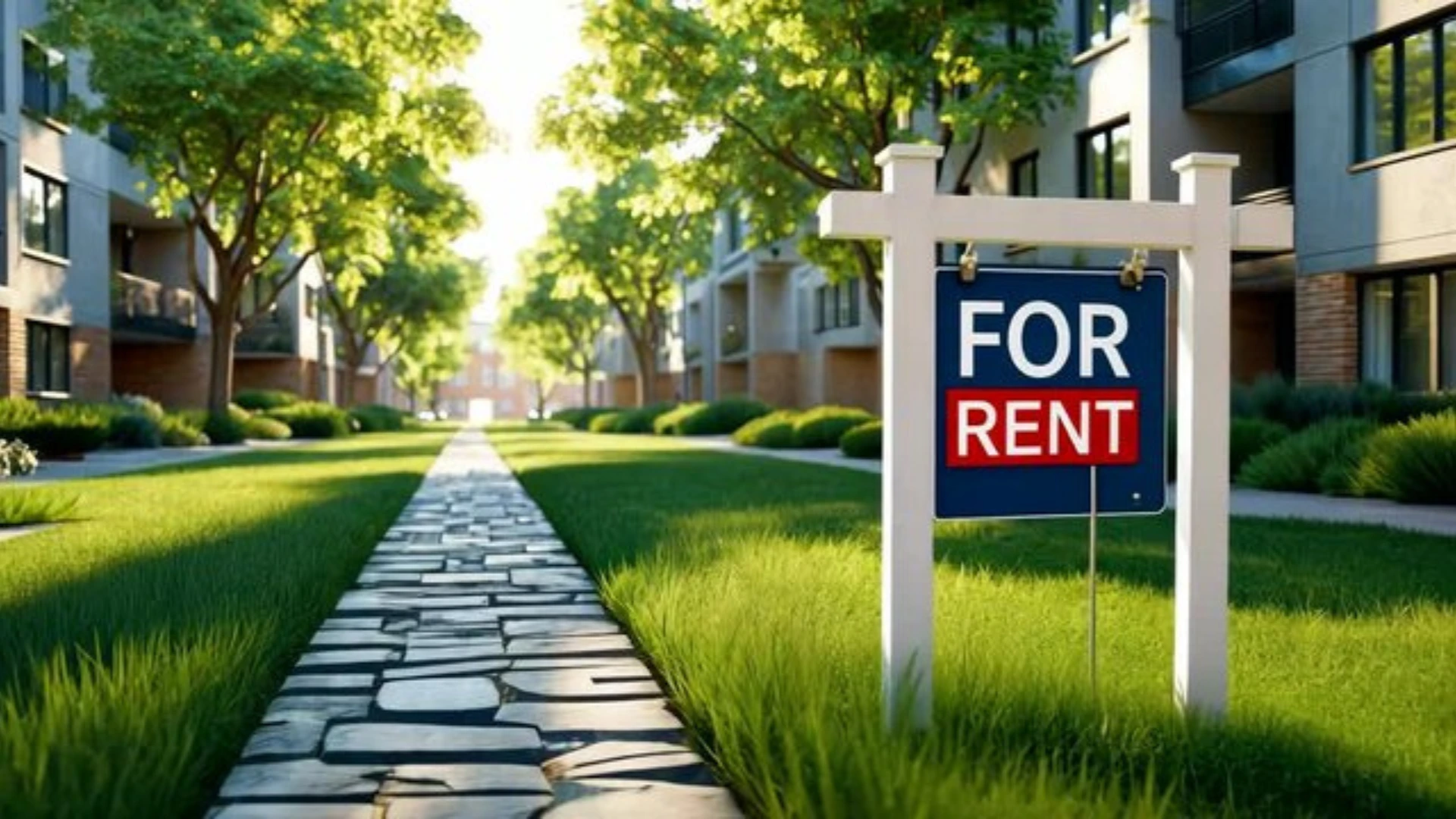Table of Content
▲- How to Find the Perfect Flat for Rent
- Things to Do Before Renting Out Property
- 1. Floors, Walls, and Ceilings
- 2. Doors and Windows
- 3. Heating and Air Conditioning
- 4. Plumbing
- 5. Lights and Electricity
- 6. Appliances
- 7. Smoke Detectors
- 8. Signs of Pests
- 9. Background Check
- Think About Your Price Point
- Advertise on the Right Channels
- Lease/Rental Agreement
- Get the Agreement Registered
- Get the Tenant’s Police Verification Done
- Tenant Damages Clause
- Tenant Overstay Charges
- Maintain Meticulous Records
- Acts and Provisions Relating to Renting a House
- Key Points to Remember
- Renting a Flat on a Budget
- Conclusion
Renting a flat is a smart and flexible housing solution, especially in fast-paced urban areas. Whether you’re a student, a working professional, or a family looking for a convenient living space, renting an apartment offers financial flexibility and mobility without the long-term commitment of buying property.
However, renting a flat isn’t just about finding a nice-looking apartment for rent. It involves legal documentation, inspections, understanding your rights, and careful planning to avoid future disputes.
This comprehensive guide covers every essential point you must keep in mind before renting a flat based on real legal and practical considerations in India.
How to Find the Perfect Flat for Rent
Finding a flat for rent requires more than scrolling through property portals.
- Set your budget — Include rent, maintenance, utilities, and insurance.
- Choose the right location — Prioritize connectivity, safety, and amenities.
- Use verified platforms — Online property portals, brokers, or local ads.
- Visit multiple options — Never finalize the first apartment you see.
- Compare lease terms — Length of lease, rent escalation, and exit clauses.
Also Read: LEED Certification in India: Standards, Benefits, and Sustainable Growth Insights
Things to Do Before Renting Out Property
Before signing a lease agreement, it’s crucial to thoroughly inspect and evaluate the property when renting a flat.
1. Floors, Walls, and Ceilings
.webp)
A visual inspection of the floors, walls, and ceilings should be your first step.
- Check for cracks, uneven surfaces, and water stains on floors.
- Large cracks on walls may indicate structural damage.
- Ceiling dampness can hint at plumbing or waterproofing issues.
A solid structure ensures lower maintenance and a safer living environment.
2. Doors and Windows
.webp)
Doors and windows play a key role in security, ventilation, and insulation.
- Make sure they open and close properly.
- Check locks for sturdiness.
- Feel for air leaks that can affect your heating or cooling bills.
- Confirm that the landlord is willing to fix any gaps or loose fittings before you move in.
3. Heating and Air Conditioning
.webp)
If the region experiences extreme temperatures, a functional heating and cooling system is non-negotiable.
- Test the HVAC system during your visit.
- Listen for unusual sounds.
- Ensure that the system distributes air evenly across rooms.
This is also a good opportunity to discuss utilities, who will pay for electricity, and how maintenance will be handled.
4. Plumbing
.webp)
Water supply can make or break your renting experience.
- Check water pressure in the kitchen, bathroom, and laundry areas.
- Test both cold and hot water.
- Ask about water storage, RO units, or tank maintenance.
A good apartment rental should have reliable plumbing with no leakage issues.
5. Lights and Electricity

Even well-lit flats need functional electric fixtures.
- Switch on all lights during inspection.
- Check that switches and outlets are properly fitted.
- Carry a small charger to test plug points.
Also, clarify with the landlord whether they will fix or replace faulty fixtures during the tenancy.
6. Appliances
.jpg)
Many rental properties come with basic appliances like refrigerators, geysers, or washing machines.
- Test each appliance before signing the lease.
- Check servicing history.
- Confirm repair responsibility in the agreement.
Furnished apartments are convenient, but maintenance clauses should be crystal clear in the rental agreement.
7. Smoke Detectors
.webp)
Safety is non-negotiable when renting a flat.
- Look for smoke detectors in every bedroom and common area.
- Test them during the walkthrough.
- Ask the landlord to fix or install them if missing.
8. Signs of Pests

A clean and hygienic space is essential for a comfortable stay.
- Look for pest droppings, holes, or scratching sounds in corners.
- Inspect under sinks and behind appliances.
- Discuss pest control measures with the landlord if necessary.
9. Background Check
.webp)
A background check of both the tenant and landlord builds trust.
- For landlords: verify the tenant’s previous rental history and police verification.
- For tenants: verify ownership documents of the property.
Police verification ensures legal safety and protects both parties from potential disputes.
Also Read: Grandchildren Property Rights India Explained: No Claim on Grandparent Property if Parent Survives
Think About Your Price Point
Different neighborhoods have different rental values.
- Research prevailing rental market rates in your preferred area.
- Consider additional costs like maintenance, parking, and utilities.
- A well-furnished flat often comes at a higher rent, but may save on setup costs.
Being realistic about your budget helps narrow your search for the perfect flat for rent.
Advertise on the Right Channels
For property owners, finding tenants efficiently reduces vacancy time.
- List your apartment for rent on popular online portals.
- Upload clear, high-quality photos.
- Use brokers or print media for additional reach.
This strategy ensures a wider reach and faster occupancy.
Lease/Rental Agreement
.webp)
A rental agreement is a legal safeguard for both tenant and landlord.
It should include:
- Names of parties involved
- Rent amount and security deposit
- Lease duration and renewal terms
- Utility responsibilities
- Notice period and termination clauses
It should also clarify whether utilities like electricity and water are included in rent or paid separately.
Get the Agreement Registered
- If the lease duration exceeds 11 months, it must be registered under Section 17 of the Registration Act.
- A registered lease offers stronger legal protection and prevents disputes.
- Unregistered agreements are not admissible in court during legal proceedings.
Get the Tenant’s Police Verification Done
Tenant verification protects the landlord’s property and the neighborhood.
- Check the tenant’s employment, previous address, and references.
- Complete police verification online or offline before lease signing.
This step builds legal and personal security for both parties.
Tenant Damages Clause
This clause protects the landlord from misuse of the property.
- Tenants must maintain the property as received.
- Damages beyond normal wear and tear must be compensated.
- All fixtures and fittings should be listed in the agreement.
Termination of Agreement
Most apartment rental agreements in India last 11 months with a 30-60 day notice period.
- Include clear termination terms in the lease.
- Mention early exit penalties, if any.
- Protects both tenant and landlord from sudden disruptions.
Tenant Overstay Charges
If a tenant continues staying after the agreement expires:
- The landlord can charge double the rent for the first two months.
- Four times the rent may be charged thereafter.
- This clause must be clearly stated in the agreement to avoid legal conflict.
Maintain Meticulous Records
Good documentation simplifies property management.
- Keep signed agreements, payment receipts, and inspection checklists.
- Photograph the property at move-in and move-out.
- These records can be critical if disputes arise later.
Acts and Provisions Relating to Renting a House
1. The Indian Contract Act, 1872
This Act ensures that rental agreements between the landlord and tenant are made with free consent, without any coercion, fraud, or misrepresentation. It forms the legal foundation for enforcing the terms and conditions mentioned in the rental contract.
2. The Transfer of Property Act, 1882
This Act defines the rights and responsibilities of both landlords and tenants. It lays out clear tenancy rules, including the process of property transfer, lease terms, and the legal framework for eviction or renewal.
3. Rent Control Acts (State-Specific)
Each state in India has its own Rent Control Act designed to regulate rent prices and protect tenants from unfair rent hikes. These Acts also safeguard tenants from arbitrary eviction and set guidelines for landlord-tenant relationships.
4. The Consumer Protection Act, 1986
This law applies particularly when tenants or landlords are dealing with builders, developers, or service providers. It offers legal recourse in case of deficient services, fraud, or delayed handover of property.
5. The Indian Penal Code, 1860
Relevant provisions of the IPC address illegal evictions, trespassing, and property damage. Tenants and landlords can use these provisions to seek criminal remedies in case of violations.
Also Read: Tenant Rights in India: Essential Legal Protections Every Renter Must Know
Key Points to Remember
|
Aspect |
Key Point |
|
Agreement |
Must be in writing and signed by both parties |
|
Security Deposit |
Should not exceed two months’ rent |
|
Rent |
Can only be increased once a year with a 15-day notice |
|
Repairs |
Landlord handles structural repairs; tenant covers damages |
|
Eviction |
The landlord cannot evict without a valid reason and a 30-day notice |
|
Notice Period |
Usually, 30 days must be mentioned in the agreement |
|
Tenant’s Rights |
Right to privacy, peaceful possession, and no illegal entry |
|
Landlord’s Rights |
Can inspect the property with prior notice |
|
Maintenance |
Clearly defined in the agreement |
|
Legal Docs |
All documents must be signed, stored, and easily accessible |
Renting a Flat on a Budget
- Choose slightly less prime areas with good connectivity.
- Negotiate rent and ask for a fixed-rate lease.
- Opt for studio apartments or one-bedroom apartments for lower costs.
- Share with flatmates to split expenses.
- Compare multiple listings on rental properties platforms before finalizing.
Conclusion
Renting a flat can be one of the most practical and smart housing decisions in today’s urban lifestyle, especially for working professionals and families looking for convenience and flexibility. Renting a flat gives you the freedom to live in prime locations without the heavy financial burden of ownership. However, the process must be done carefully to avoid legal or financial complications.
A smooth experience with renting a flat starts with a thorough property inspection, reviewing basic amenities, understanding your tenant rights, and signing a legally sound lease agreement. It’s equally important for both tenants and landlords to respect legal processes, maintain clear communication, and set transparent terms.
Whether you are choosing a 2BHK apartment, a studio, or a fully furnished flat, the success of renting a flat lies in preparation, documentation, and mutual trust.






_1771410929.webp)


_1771582392.webp)
_1771577585.webp)
Ans 1. Thoroughly inspect the property for any existing damage and document everything in writing or with photos/videos before moving in. This protects you from being charged for pre-existing issues when you move out.
Ans 2. Absolutely! Understand all clauses, especially those regarding rent payment, maintenance responsibilities, and the termination process, before signing.
Ans 3. Know the amount, how it will be used, and the conditions for its return. Understand the legal timeframe within which the landlord must return the deposit after you move out.
Ans 4. Clarify which utilities (electricity, water, gas, internet) are included in the rent and which you need to set up and pay for yourself. Get this in writing.
Ans 5. Generally, no. Landlords usually need to provide reasonable notice (often 24 hours) before entering the property, except in emergencies. Review your local laws and the lease agreement for specifics.